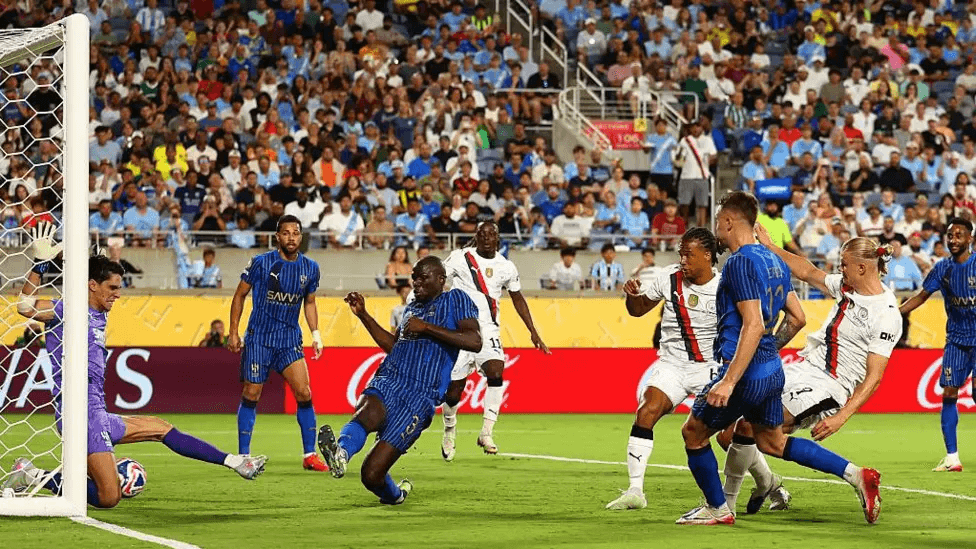How $1bn Club World Cup Prize Money Was Split

The revamped Club World Cup's $1 billion prize pool has proven to be a game-changing financial incentive for participating clubs, despite ongoing criticism of the tournament format. With the inaugural edition now concluded, we can examine the substantial financial rewards earned by competing teams.
Prize Money Breakdown: Who Earned What?
The tournament's massive $1 billion (£726m) prize pool was distributed among 32 clubs, with:
- $525 million allocated as participation fees
- $475 million awarded based on performance
European clubs received weighted participation payments ranging from $12.81m to $38.19m based on sporting and commercial criteria, while other continents had fixed fees:
- South America: $15.21m
- North/Central America, Asia, Africa: $9.55m
- Oceania: $3.58m
Tournament winners Chelsea emerged as the biggest financial beneficiaries, earning approximately £84m, while runners-up Paris St-Germain collected about £78.4m.
Small Clubs, Big Impact
The tournament proved particularly transformative for smaller clubs like Auckland City:
- Their £3.3m earnings dwarf their annual revenue of £488,000
- This windfall equals 7x their typical yearly income
- By comparison, Real Madrid's £67m represented just 4% of their £901m revenue
Football finance expert Kieran Maguire notes: "This creates a significant competitive imbalance in New Zealand football, as Auckland can now outspend domestic rivals to secure future qualifications."
Transfer Market Implications
The financial windfall has directly impacted European clubs' transfer budgets:
- Under UEFA's 70% revenue spending rule, every £50m earned allows £35m for transfers
- Borussia Dortmund covered 65% of their £57.9m summer spending through tournament earnings
- Chelsea's £84m prize money offset nearly half their £198m summer outlay
- Manchester City's £38m earnings funded their £31m acquisition of Rayan Ait-Nouri
Maguire observes: "While accountants celebrate, player welfare concerns grow. We're approaching a critical juncture in the football calendar's demands."
The tournament's financial rewards have undeniably reshaped club economics, particularly benefiting smaller teams while raising questions about competitive balance and player workload.
Recommended

Guardiola's men ease into Club World Cup knockout stage

Man City, Chelsea Advance in Club World Cup

Chelsea survive heat, advance to face Benfica

Fluminense's historic win sets up potential Man City showdown

Man City Stunned by Al-Hilal in Seven-Goal Thriller

Al-Hilal stuns Man City in Club World Cup upset

Dortmund advance but Jobe Bellingham suspended for Real clash

Chelsea Near £80m Jackpot in Club World Cup

Dembele Shines as PSG Storm Into Final


